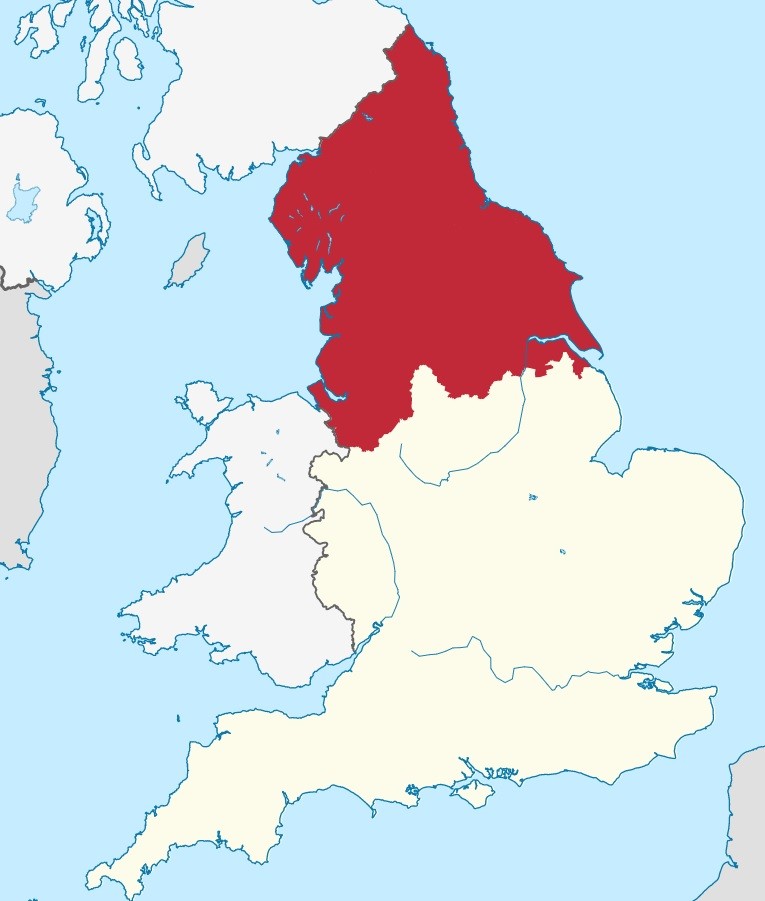Residing in the North of England heightens likelihood of fatalities from alcohol, drugs and suicide

People residing in the North of England and in coastal regions are more likely to succumb to ‘death of despair’, as per new research led by the University of Manchester.
The recent analysis indicates that between 2019 and 2021, 46,200 individuals lost their lives due to Death of Despair in England – equating to 42 people per day. However, in the North East of England, more than double the number of individuals lost their lives due to Deaths of Despair compared to London.
Deaths of Despair encompass fatalities from alcohol, drugs, and suicide, which tend to be more prevalent in socially deprived communities. The study, conducted by academics from Health Equity North (HEN), the University of Manchester, and the National Institute for Health and Care Research (NIHR) Applied Research Collaboration Greater Manchester (ARC-GM), examined local authority data to identify geographical trends and risk factors contributing to these types of deaths.
The analysis revealed that northern regions and coastal areas of England are facing a significantly higher burden of mortality from these preventable causes. Out of the 20 local authority areas with the highest rates of Deaths of Despair, 16 are in the North, with all of the top 10 areas located in the North.
In contrast, none of the 20 local authorities with the lowest rates of Deaths of Despair are in the North. The study also explored associated factors predicting the risk of these deaths, with living in the North being the most significant predictor. Local authorities with higher proportions of unemployment, white British ethnicity, individuals living alone, economic inactivity, employment in elementary occupations, and urban dwellers had higher rates of Deaths of Despair.
The researchers are urging the government to prioritise preventative policies that address long-standing inequalities across England and allocate fair funding based on need. Christine Camacho, lead author and PhD Fellow NIHR ARC-GM, highlighted the impact of risk factors on deaths of despair in the North of England, where inequalities in health and wealth persist and have widened in recent decades.
Dr Luke Munford, Co-Academic Director at Health Equity North and Senior Lecturer in Health Economics at the University of Manchester, emphasised the importance of addressing regional inequity and persistent health disparities in northern regions. He stressed the need for comprehensive strategies that target specific risk factors and consider the complex relationships among causes to enhance prevention and intervention efforts.




